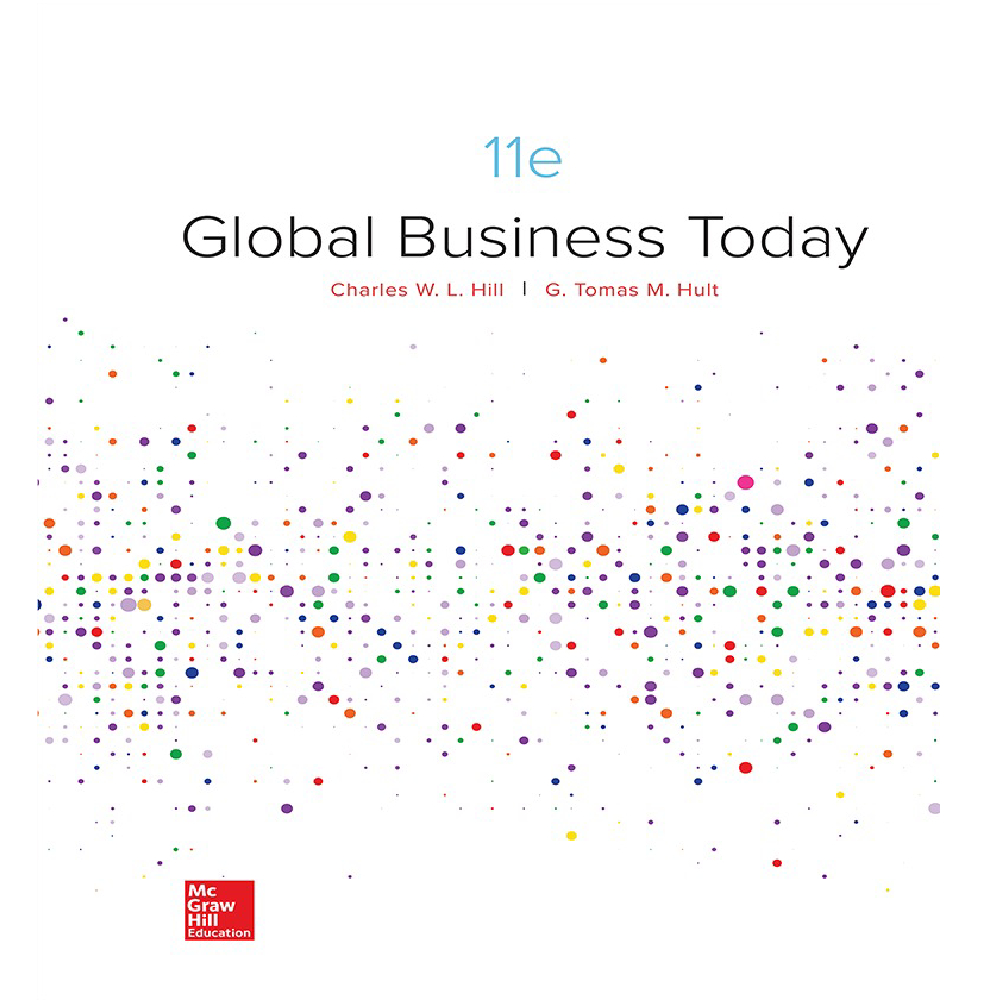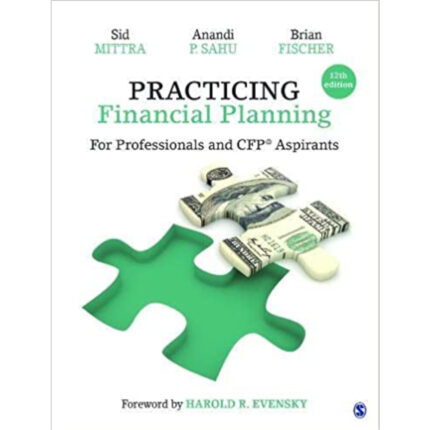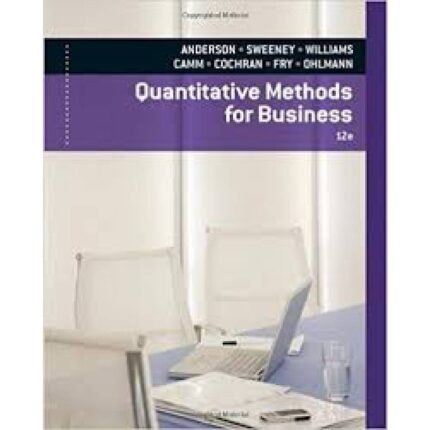Global Business Today 11th Edition By Charles Hill – Test Bank
Chapter 11 The International Monetary System
1) The U.S. dollar, EU euro, Japanese yen, and British pound are all free to float against each other, which means their exchange rates never fluctuate.
2) When the foreign exchange market determines the relative value of a currency, we say that the country is adhering to a pegged exchange rate regime.
3) A pegged exchange rate means the value of the currency is fixed relative to a reference currency, and then the exchange rate between that currency and other currencies is determined by the reference currency exchange rate.
4) The process of dollarization occurs when a country abandons its own currency and adopts another currency—typically the U.S. dollar.
5) Under the gold standard, a country in balance-of-trade equilibrium earns income from exports that is equal to the money its residents pay for imports.
6) During the Bretton Woods negotiations, there was a consensus among the countries represented that fixed exchange rates were preferred.
7) The architects of the Bretton Woods agreement wanted to avoid high unemployment, so they built the fixed exchange rate system to be highly inflexible.
8) When the Bretton Woods participants established the International Monetary Fund, nations who chose to borrow from the IMF could borrow a limited amount without adhering to any specific agreements.
9) As the only currency that could be converted into gold, the British pound occupied a central place in the fixed exchange rate system up until 1973.
10) The U.S. balance-of-payments position flourished throughout the 1970s under the guidance of President Nixon.
11) The Bretton Woods system could work only as long as the U.S. inflation rate remained low and the United States did not run a balance-of-payments deficit.
12) Under the 1976 Jamaica Agreement, gold was abandoned as a reserve asset.
13) Since 1973, exchange rates have become less volatile and more predictable.
14) Under a floating exchange rate system, a country’s ability to expand or contract its money supply as it sees fit is limited by the need to maintain exchange rate parity.
15) Critics argue that a floating exchange rate system can be affected by uncertainty and the bandwagon effect.
16) Pegged exchange rates are most popular in larger nations.
17) It has been shown that countries with pegged exchange rates have a lower annual inflation rate than countries with floating regimes.
18) A country that introduces a currency board commits itself to converting its domestic currency on demand into another currency at a fixed exchange rate.
19) Under a currency board system, the government has the absolute authority to set interest rates.
20) The activities of the International Monetary Fund have declined after the collapse of the Bretton Woods system in 1973.













Reviews
There are no reviews yet.